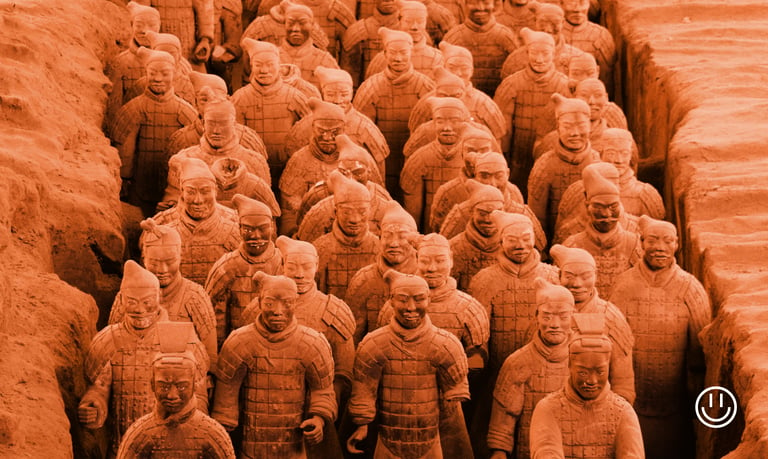The Influence of Street Art on Local Businesses
CULTURE


Street art is more than just colorful murals on city walls—it’s a powerful tool that transforms neighborhoods, attracts customers, and boosts local businesses. Whether it’s a large-scale mural, graffiti-inspired branding, or community-driven art projects, street art plays a key role in shaping urban culture and driving economic growth.
1. Turning Neighborhoods into Destinations
Cities with vibrant street art scenes often become popular attractions for both locals and tourists. Murals and graffiti add character to urban spaces, making them Instagram-worthy spots that drive foot traffic to local businesses.
Examples:
✔ A coffee shop near a famous mural becomes a go-to photo spot for visitors.
✔ A boutique benefits from increased visibility due to a colorful, artistic storefront.
✔ A restaurant with hand-painted walls attracts food bloggers and influencers.
Impact: More visitors mean more customers, higher sales, and increased brand awareness for businesses near these artistic hotspots.
2. Boosting Brand Identity and Aesthetic Appeal
Street art isn’t just for public spaces—it can also be a powerful branding tool for local businesses. A unique, hand-painted storefront or an artistic interior design can set a business apart from competitors and create a memorable brand identity.
How Street Art Enhances Branding:
🎨 A mural inside a café can tell a story about the local culture.
🎭 A fashion store with graffiti-style branding attracts younger customers.
🏪 A brewery featuring street art-inspired labels connects with urban creatives.
By integrating street art into their design, businesses can reinforce their brand personality and attract their target audience.
3. Strengthening Community Engagement
Street art often carries powerful social and cultural messages, sparking conversations and fostering community pride. When businesses collaborate with local artists, they build relationships with the community and show support for the local creative scene.
Ways Businesses Can Engage with Street Art:
Hosting live mural painting events to draw crowds and media attention.
Commissioning local artists to create custom artwork for storefronts.
Partnering with art collectives to run street art tours and workshops.
These initiatives not only enhance the business environment but also create a strong emotional connection with customers.
4. Increasing Property and Business Value
A once-overlooked street can transform into a thriving commercial hub through art. Many cities have seen rundown areas revitalized into vibrant districts thanks to street art projects.
Benefits for Local Businesses:
✅ Higher foot traffic and increased property value.
✅ More business opportunities in creative and cultural sectors.
✅ A safer and more inviting environment for customers.
By embracing street art, businesses contribute to urban renewal while gaining long-term economic benefits.
5. Attracting Media Attention and Social Media Buzz
Murals and graffiti-style artwork often become social media sensations. Visitors love taking photos with street art, leading to free exposure for businesses nearby.
Why It Works:
📸 Instagrammable walls bring in influencers and content creators.
📰 Media outlets cover stories about unique and creative businesses.
🎨 Hashtags and geotags help businesses reach a global audience.
When businesses embrace street art, they naturally attract organic marketing through user-generated content and media coverage.
Conclusion
Street art is more than just decoration—it’s a business growth strategy that attracts customers, builds brand identity, and strengthens community ties. Local businesses that embrace street art not only enhance their surroundings but also benefit from increased visibility, engagement, and economic opportunities.
